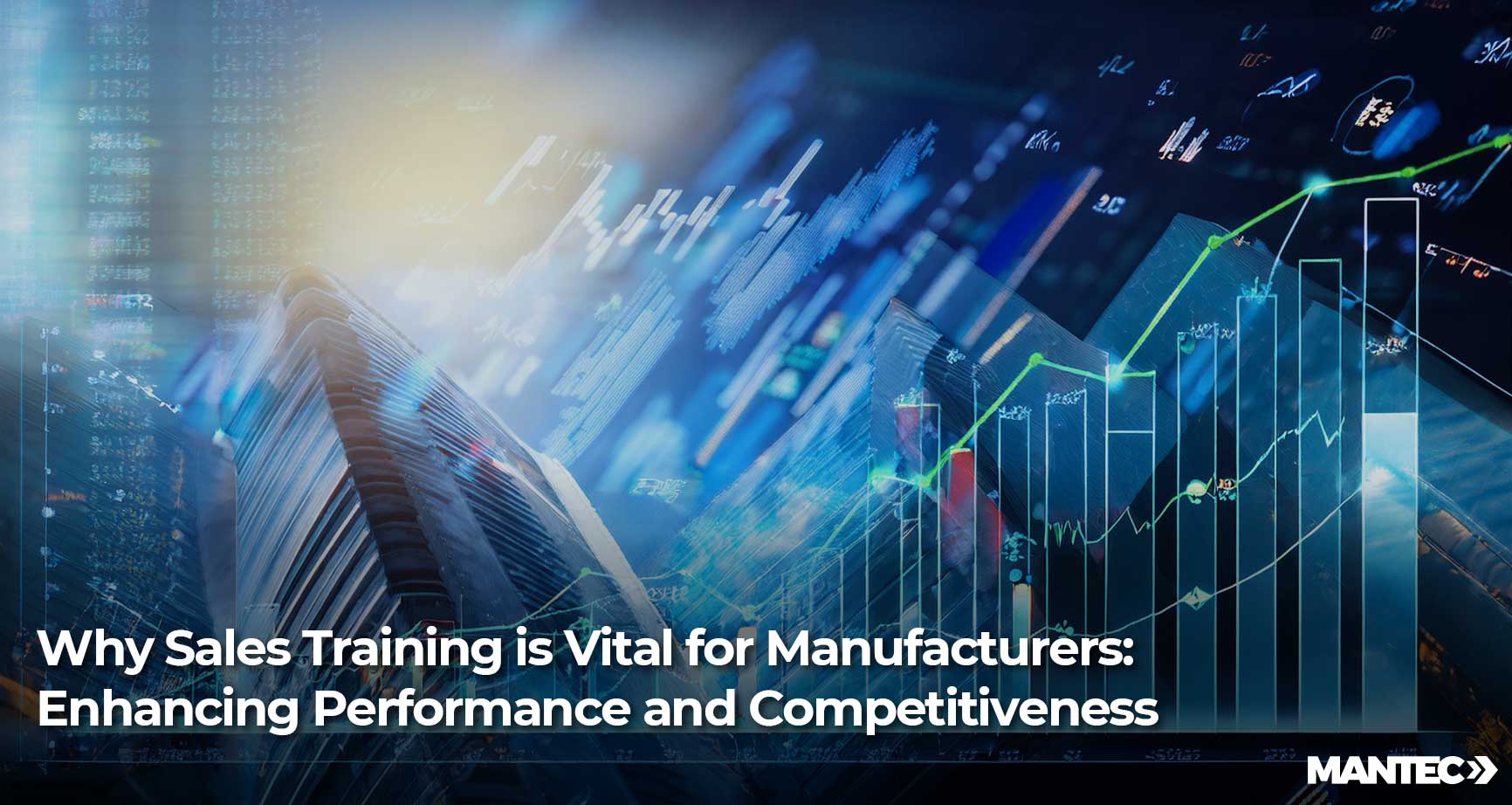In the complex and competitive world of manufacturing, where product quality and operational efficiencies are…
From Industry 4.0 and the Internet of Things to business process automation and robotics, manufacturing in America is facing disruption from almost every facet of technology. Of course, while most of us are bombarded by marketing messages like “new and improved” that infer new is synonymous with successful and profitable, experience teaches us this isn’t always the case.
To help clarify why new doesn’t automatically mean better, let’s take a moment to consider a couple of historical examples. The first is the comparison of two very different pioneers of electricity — Nikola Tesla and Thomas Edison. While both men are now widely considered geniuses who were well ahead of their time, Tesla died nearly bankrupt after watching his approximately 100 U.S. patents expire, since he didn’t have the funds to renew them.
Edison, on the other hand, held well over 1,000 active patents at the time of his death and left behind a thriving business empire. The difference between the two men was that Tesla was chasing a philosophical idea without giving sufficient thought to profitability, while Edison always considered how to monetize his inventions.
Then there’s our second example, which relates to the adoption of electricity as a new way of powering conveyor belts. In 1913, Ford Motor Co. adopted this new technology and applied it to its manufacturing process in the form of the moving assembly line. This shrank the total production time of a Model T to a little over 90 minutes.
What to Consider When Looking at New Technology in Manufacturing
While it may seem odd to bring up the stories of Tesla, Edison and Ford when discussing the adoption of cutting-edge technologies like 3D printers, drones and wearables, there are important lessons to be learned here. They can help today’s manufacturers better navigate the plethora of new technological advancements their businesses face.
For example, in his recent World Economic Forum article, Michael Bodson warns that new technologies often create an unnecessary race for companies to crown themselves innovative and new. However, unless the adoption of new technology is tied firmly to valuable benefits for a company’s clients, it runs the risk of increasing costs and eroding customer loyalty.
Think of a chatbot that isn’t yet properly fine-tuned to communicate effectively with customers. It may instead wind up frustrating them, leading to dropped calls and a loss of consumer confidence.
From our historical examples, we can see that while Tesla might now be seen as a visionary of advanced electronics like wirelessly controlled drones and AC power generation, it was Edison who seized upon the commercialization of electricity. He offered the general public a solution it could use in the form of affordable lightbulbs and utility companies to power them.
Similarly, it was Henry Ford who took existing technology and the idea of process automation to a whole new level with the moving assembly line. When he did, the benefit to the consumer was front and center. Prior to his adoption of moving conveyor belts, the price of a Model T in 1908 was approximately $850. By 1925, after Ford worked out many of the kinks in his assembly line, the average price of the Model T had dropped to $300.
MANTEC Can Help With Technology Choices
By now it should be clear that it can take time to iron out the problems associated with new technology, and the issues its adoption presents might not always be the best investment for a particular business to make. For this reason, whether you’re considering a 3D digital modeling program or a new enterprise resource planning software, you’re best advised to ask some serious questions about the realistic payoffs — as well as the challenges to your current business model.
You’re also best served by working with a consultant like MANTEC that specializes in the business needs of small to medium manufacturers in southcentral Pennsylvania. As a private, nonprofit 501 (c) 3 that’s been serving the needs of manufacturers since 1988, we’re vendor agnostic and experts in the efficiency programs and technological advancements that are helping today’s SMBs become more agile, responsive and profitable.
To better leverage technology to your business’s — and customers’ — benefit, contact us today.


